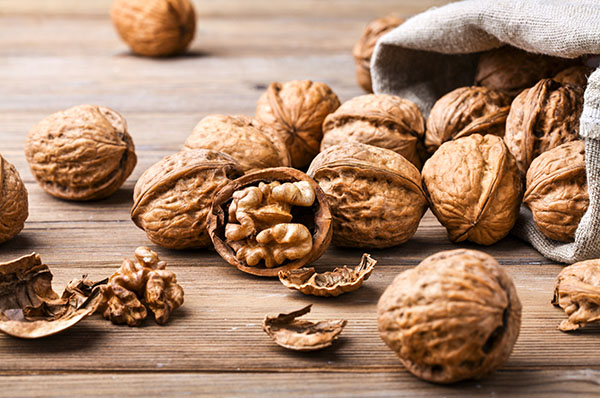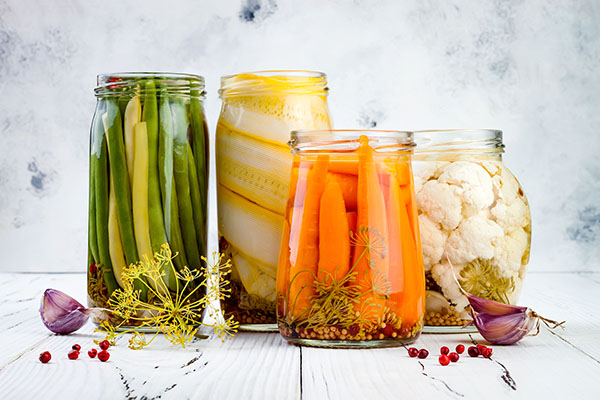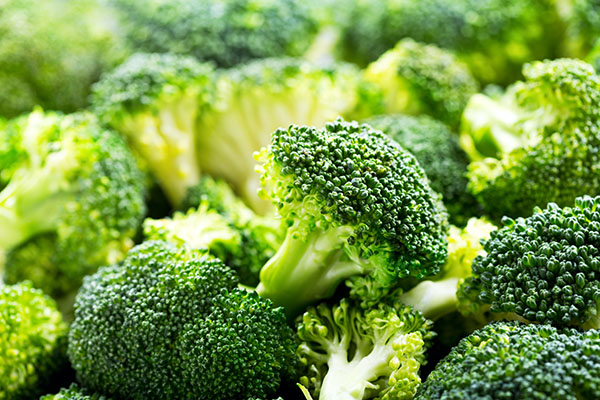A miracle potion in your pantry: exploring the wonders of Apple Cider Vinegar
07/23/2020 / By Virgilio Marin

Apple cider vinegar is a highly versatile kitchen product with powerful antioxidant and antimicrobial properties. It contains potassium, the fiber pectin, malic acid and acetic acid, which gives it its strong, sour flavor.
In times of crisis, valuable products and medicines may be out of reach, while you are more exposed to threats. Having apple cider vinegar in your cupboard is therefore a must. It has uses both for health and the house. People use it in treating wounds, infections and certain health conditions, as well as in storing and preparing food.
Uses of apple cider vinegar
From skin infections to scalp problems to coughs, there are many ways to benefit from apple cider vinegar, such as:
1. Lowering blood sugar level
Studies suggest that drinking vinegar can lower blood sugar levels. For one, a small study found that drinking two tablespoons of apple cider vinegar before bedtime reduced fasting blood sugar by 4% the following morning. People with Type 2 diabetes, in particular, appear to respond well to this type of treatment compared to other types.
2. Preventing infections
Apple cider vinegar may help prevent infection in the kidneys, bladder, urethra and ureter due to its acidity. Furthermore, the antiseptic properties of apple cider vinegar can help prevent minor wounds from being infected.
3. Treating skin conditions
The anti-fungal and antibacterial properties of apple cider vinegar can also help treat psoriasis, eczema, sunburn and ringworm. According to the National Psoriasis Foundation, applying organic apple cider vinegar can lessen the itch in scalp patches caused by scalp psoriasis. Meanwhile, a study found that acidic creams such as vinegar cream led to fewer flares and improved the skin barrier among mice with eczema. (Related: Use apple cider vinegar if you have eczema.)
4. Decreasing cholesterol levels
Apples are particularly rich in pectin. This soluble fiber is linked to improving a range of health conditions, including high cholesterol levels. A study found that different pectin-rich fruits can lower bad cholesterol level by seven percent to 10 percent.
5. Alleviating swelling of varicose veins
Massaging apple cider vinegar directly onto the affected area may improve blood circulation and blood flow, reducing swelling of the varicose veins.
6. Improving digestion
As a fiber, pectin works well for treating digestive problems such as diarrhea and ulcerative colitis. For example, a study found that it can help reduce the symptoms of diarrhea-predominant irritable bowel syndrome.
7. Soothing coughs
Apple cider vinegar can also work as a cough remedy. By simply gargling the vinegar, you can soothe coughing and sore throat.
8. Aiding in weight loss
Studies show that people who drink apple cider vinegar can lose substantial weight and reduce body fat when compared to non-drinkers. In fact, the potent vinegar can make you feel full longer by slowing down nutrient absorption in the bloodstream.
9. Treating dandruff
A mix of water and apple cider vinegar can help destroy the microorganisms caused by dandruff. Plus, it can also balance the pH of your scalp to further neutralize dandruff.
10. Sanitizing surfaces and objects
The antimicrobial properties of apple cider vinegar help clean household surfaces and kitchen tools, as well as eliminate stains. This can come in handy when chemicals are not available or are too dangerous for human contact. Hence, apple cider vinegar can be a useful alternative to prevent illnesses and infections.
11. Preserving shelf life
Apple cider vinegar can also be used to pickle and to prevent certain foods from browning. Furthermore, you can wash vegetables and fruits using the vinegar. This way, you can eliminate harmful microorganisms and wash off chemicals applied in farming.
12. Removing rust
Similarly, apple cider vinegar can be used for removing rust stains, which is caused by oxidation. This is the same process that causes browning in foods such as apples when exposed to open air.
With its diverse uses, apple cider vinegar will be helpful in emergency situations. Better stockpile on apple cider vinegar before SHTF.
Learn more about what emergency foods to pack at Emergencyfood.news.
Sources include:
Submit a correction >>
Tagged Under:
This article may contain statements that reflect the opinion of the author
RECENT NEWS & ARTICLES
COPYRIGHT © 2017 SUPER FOODS NEWS





















